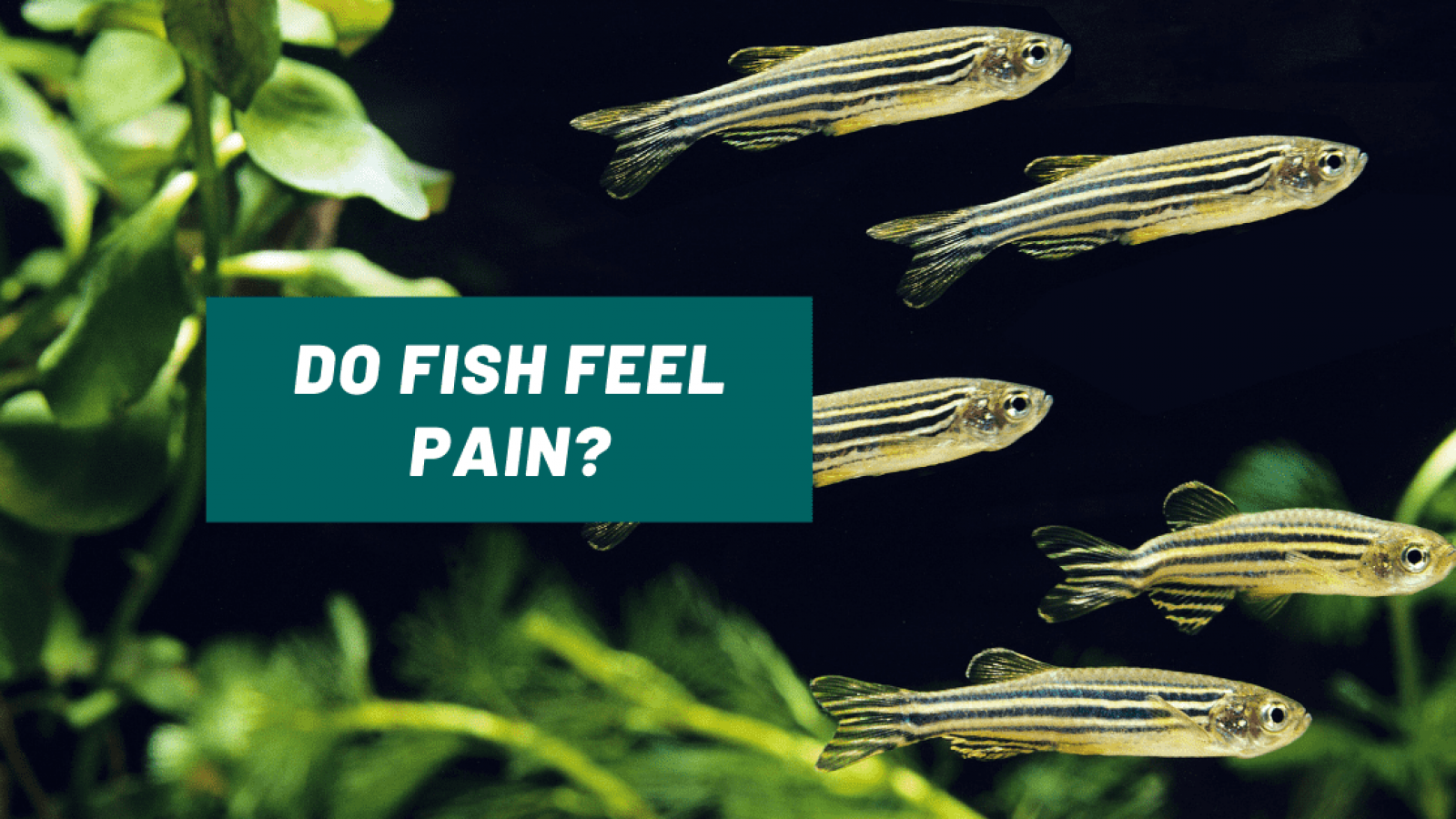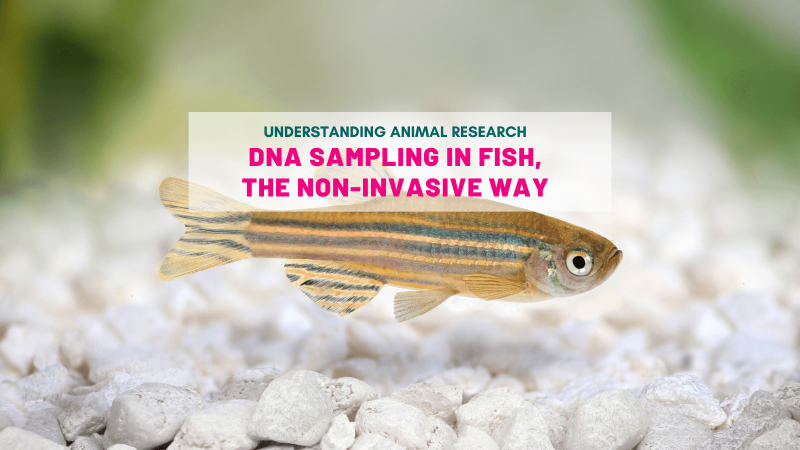For a long time, fish were thought incapable of feeling pain. The common belief was that the biology of a fish was far too simple to process pain. Indeed, fish brains don’t seem to have an equivalent structure to the part of the human brain capable of processing pain.
But claiming that fish don't feel pain due to the absence of brain regions equivalent to those found in humans is like concluding they can't swim because they don't have arms and legs.
“Before 2002, no one thought that fish even had nociceptors. These are the nerve endings that detect potentially painful stimuli, such as high temperatures, intense pressure, and caustic chemicals,” explains Lynne Sneddon, director of bioveterinary science at Liverpool University.
Sneddon published the first study to prove that fish do indeed have pain-sensing receptors in their brains. “It was quite a paradigm shifting event. Up until then there was no pain in fish. And then suddenly, there was a possibility. My research has since shown that fish have a strikingly similar neuronal system to mammals.”
Sneddon found that pinching and pricking fish activates the same nerve types that, in humans, detect painful stimuli. Nerves are not proof that fish experience pain, but the study showed that fish have the necessary anatomical hardware.
The software comes in the form of brain chemicals called neurotransmitters that carry the information. Mammals and fish often share those neurotransmitters too. Fish also produce the same opioids — the body’s innate painkillers — that mammals do.
Fish also exhibit behavioral responses to pain.
“Stimuli that cause pain in humans also affect fish,” explains Lynne Sneddon. A painful injection will cause fish to breath faster and rub the injection site. Furthermore, fish in pain don’t respond to fear-causing situations and do not show normal anti-predator behaviour, just like humans do tasks less well when they are in pain. Drugs like aspirin, lidocaine and morphine, make these pain symptoms disappear. “If fish don’t experience pain,” adds Sneddon, “then the analgesic drugs don’t have any effect.”
Put together, fish anatomy, neurochemistry and behavior, all seem to indicate that fish experience pain.
Of course, it is impossible to know for certain whether another creature’s subjective experience is like our own. We don’t know for sure whether mice, cats, dogs, chickens and lab animals feel pain the way we do too. Yet, we still afford them legal protections because they have demonstrated an ability to suffer.
When considering our ethical obligations to other animals, English philosopher Jeremy Bentham wrote in 1789 that the most important question is not, “Can they reason? nor, Can they talk? but, Can they suffer?” That idea has been central to debates about animal welfare ever since. Asking whether fish suffer means asking what our fundamental obligations to fish might be.
“I think people now generally accept that fish do experience pain and we should do something about it,” says Seddon. “I’ve seen fish welfare massively change, especially over the last 10 years, because of it. Although I always think we are 10 years behind mammals in terms of progress, but we are getting there.”
At the moment about half a million fish a year are used in laboratory procedures. They are subject to experiments ranging from very mild behavioural studies through to major surgery. It is important that they are given the care that they deserve, and that includes pain management.
“The home office in the UK is asking to put pain relief in experimental methods where possible,” adds Sneddon. “It would be inconceivable to do surgery in mammals without providing pain relief. Yet we had been doing it to fish for a long time. This has now changed.”
The United Kingdom has some of the most progressive animal welfare legislation in the world, which typically covers all non-human vertebrates.
Fish models are used in many biomedical research fields including studies looking at heart and spinal regeneration, but also Alzheimer’s disease, visual impairments and even cancer. They remain crucial for therapeutic breakthroughs and it is important that welfare standards are adequate to their ability to feel.
Last edited: 16 December 2021 18:23




